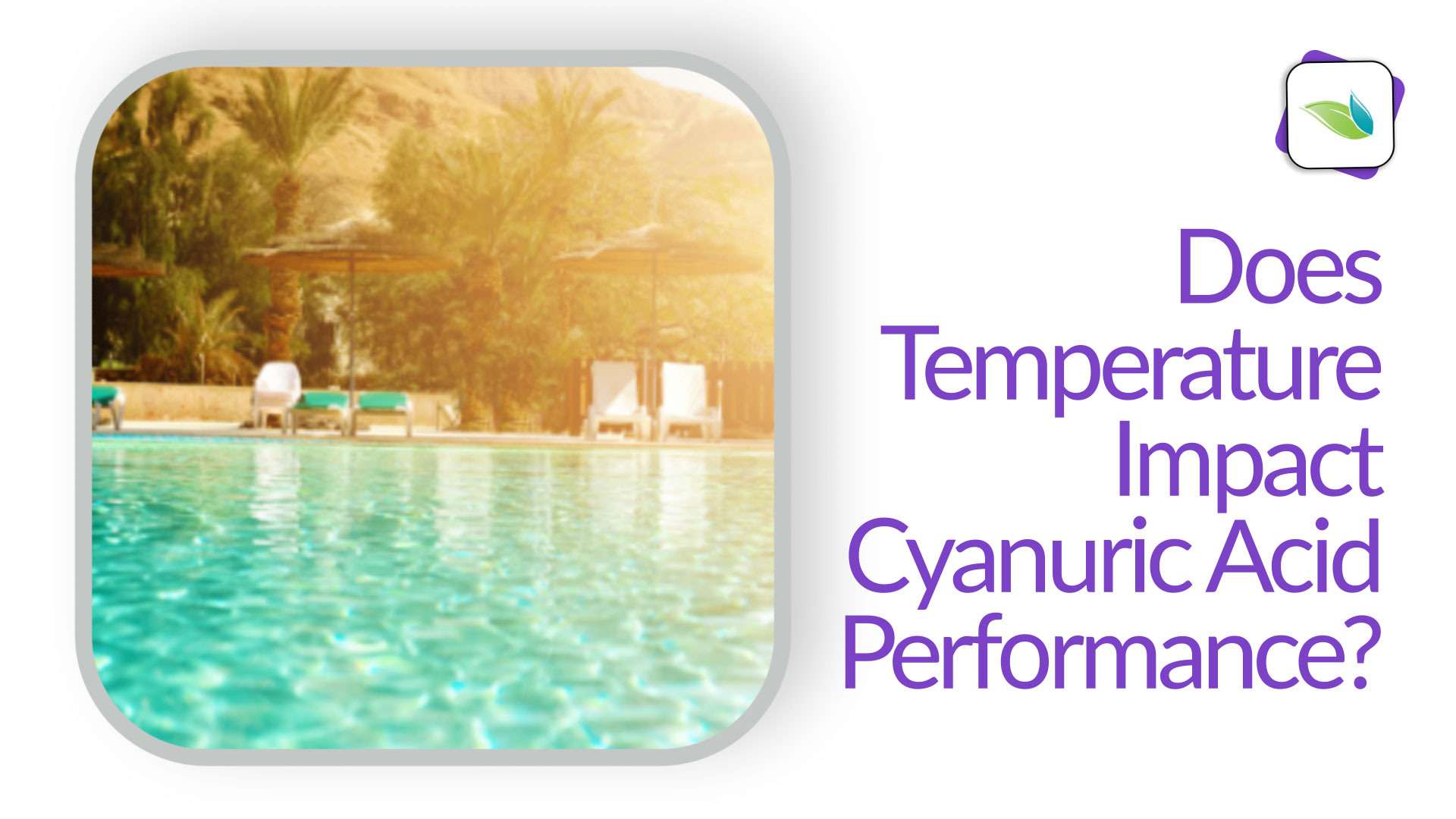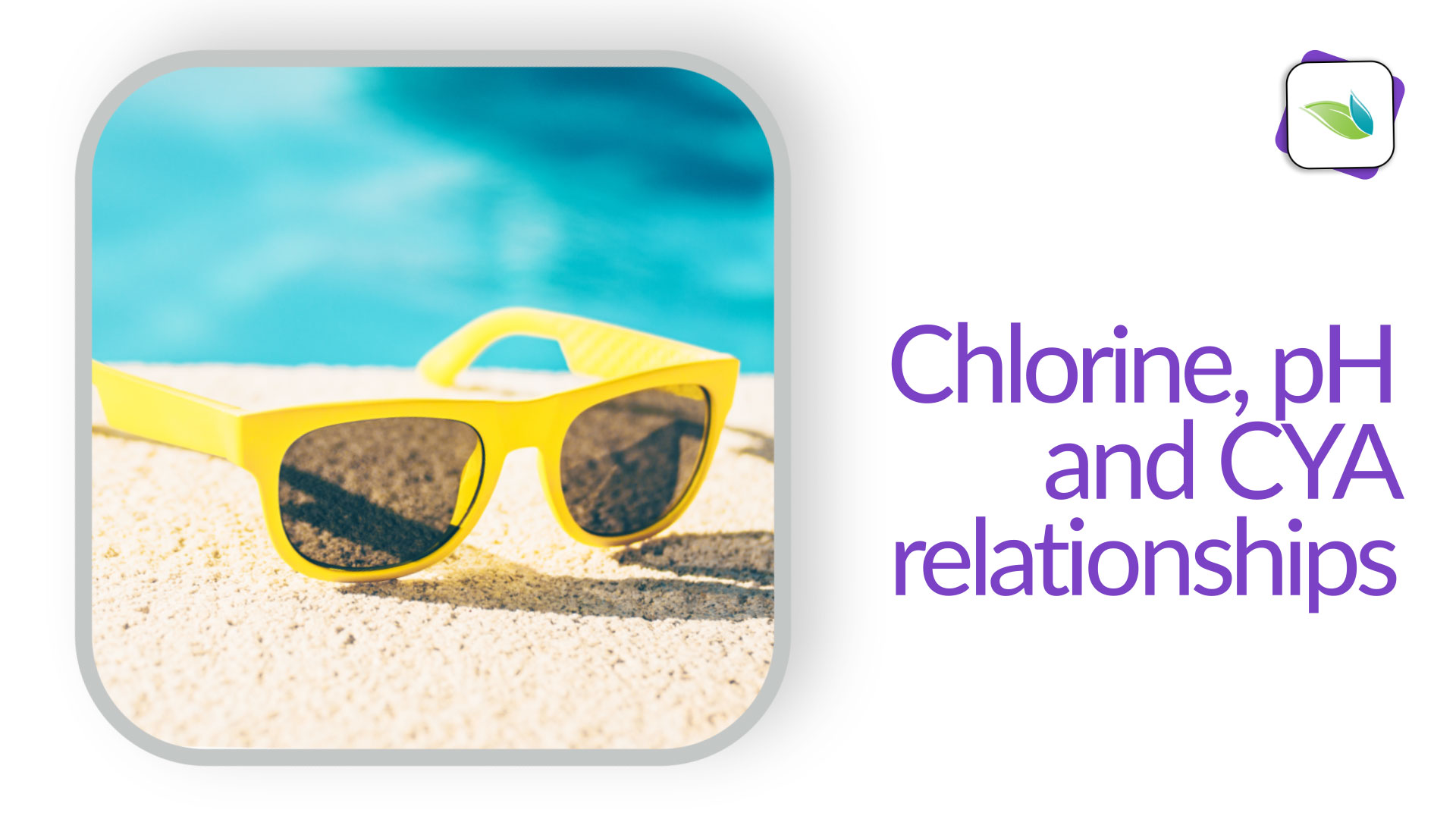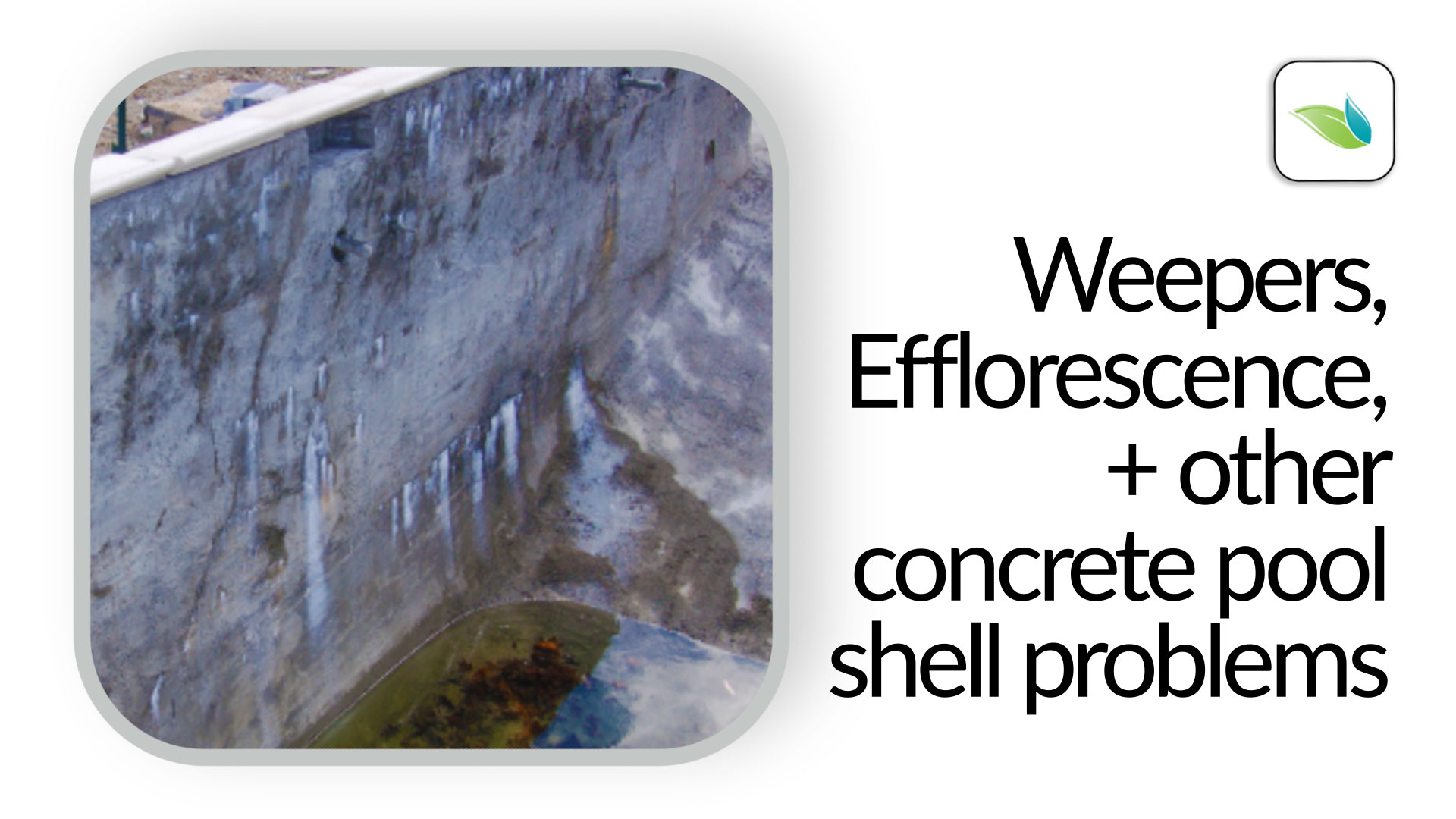State of the Swimming Pool Service Industry, 2020
As 2020 draws to an end, there is perhaps one thing that unites people from all over the world: we want to get back to normal. This article is our end-of-the-year wrap-up and a positive outlook for swimming pool owners and industry professionals in 2021.

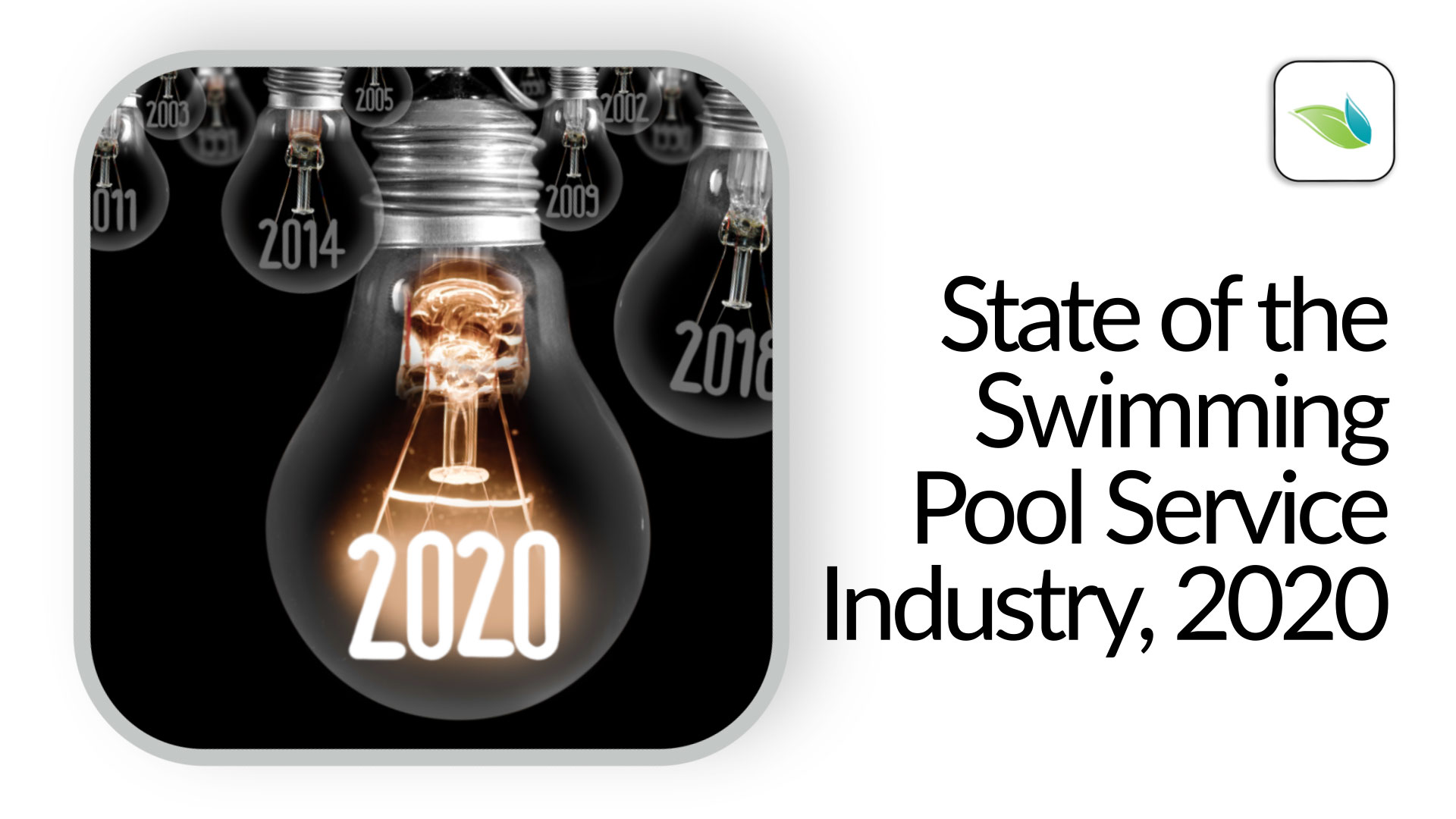
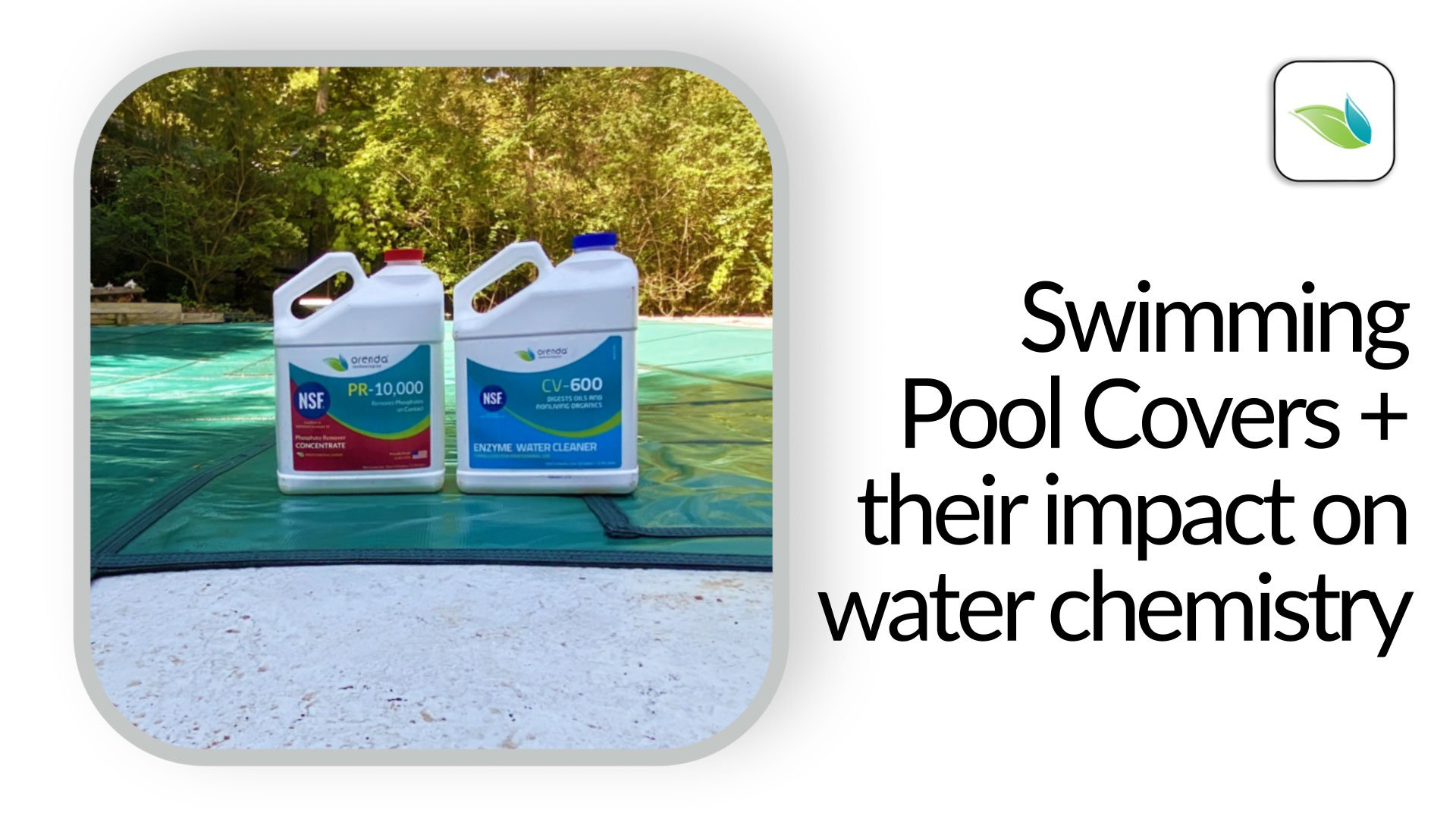
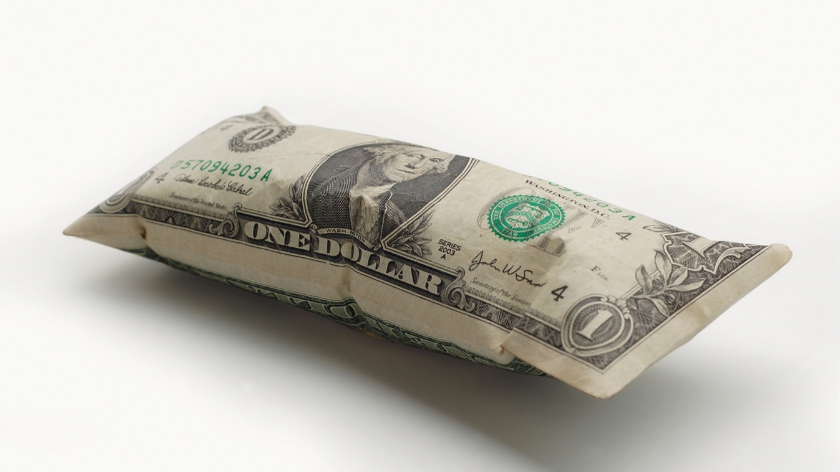
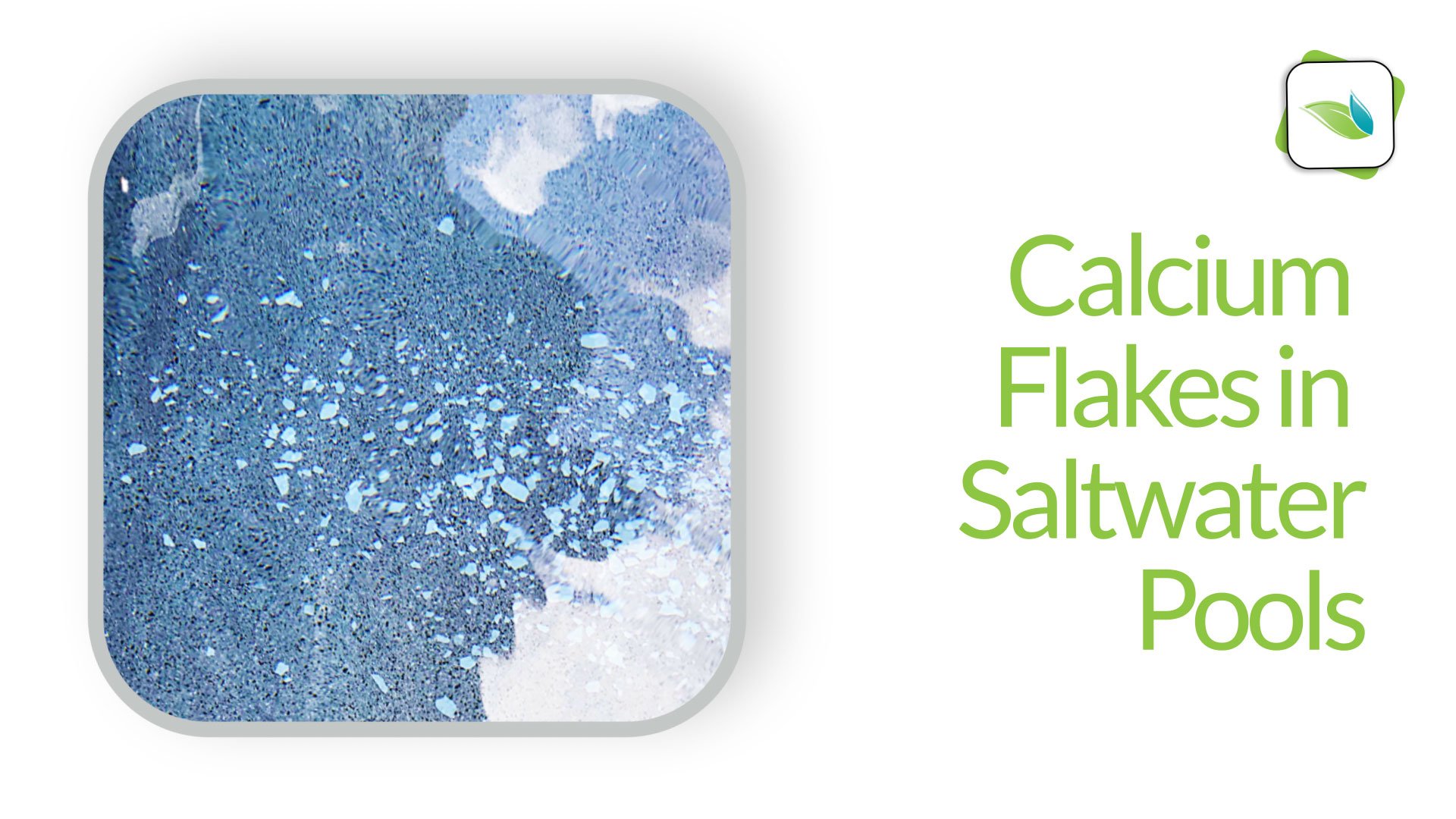

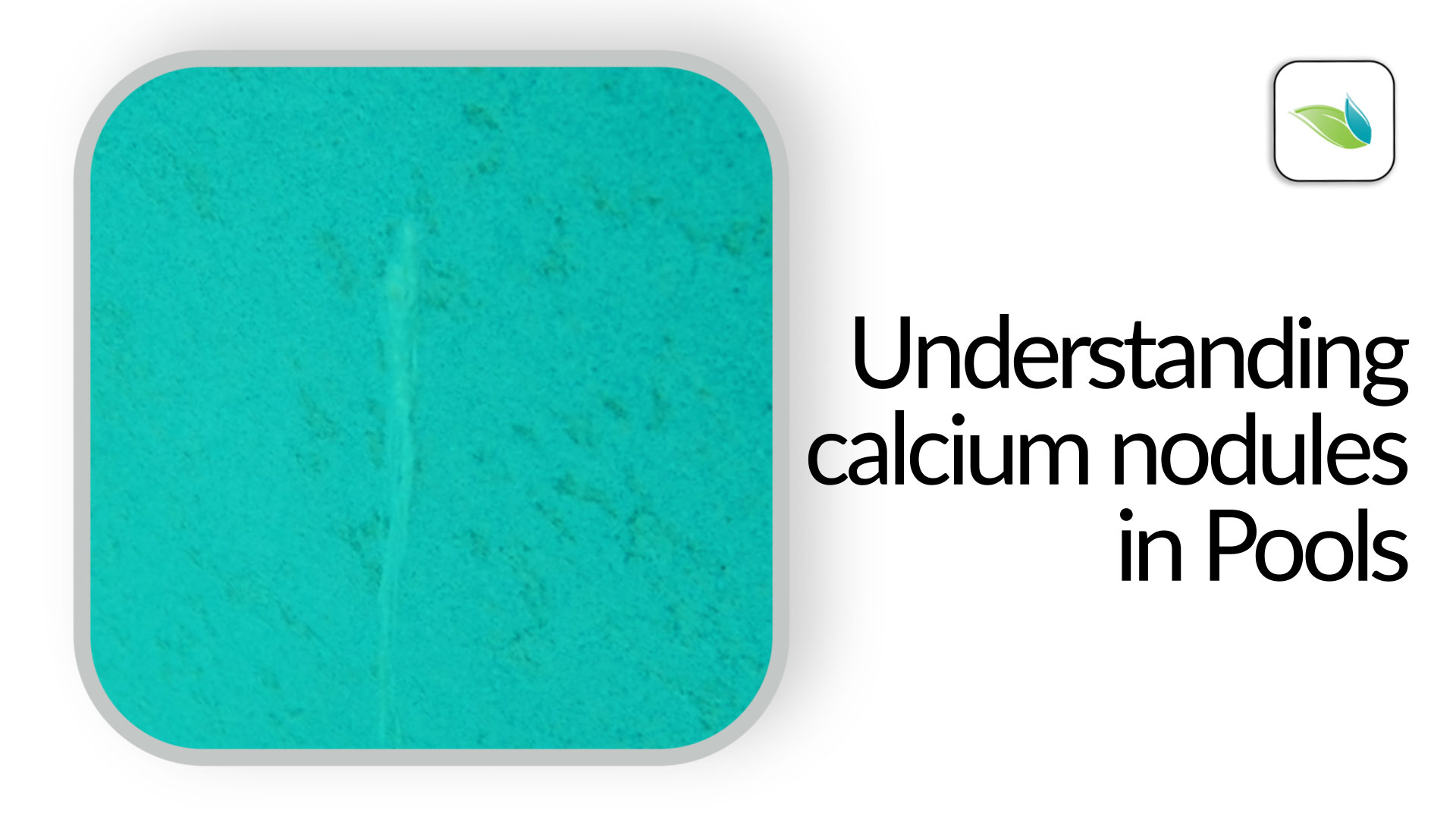
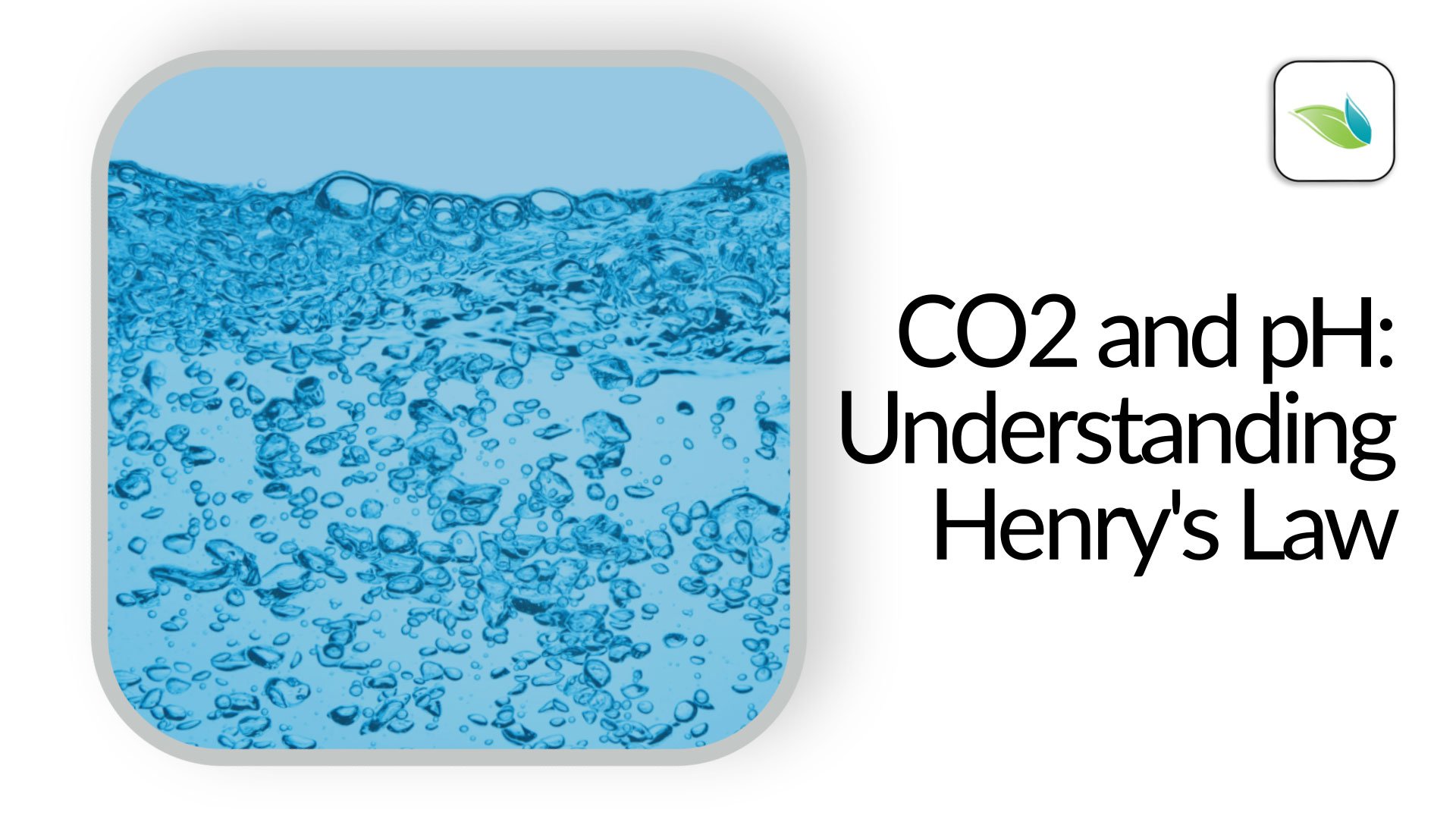
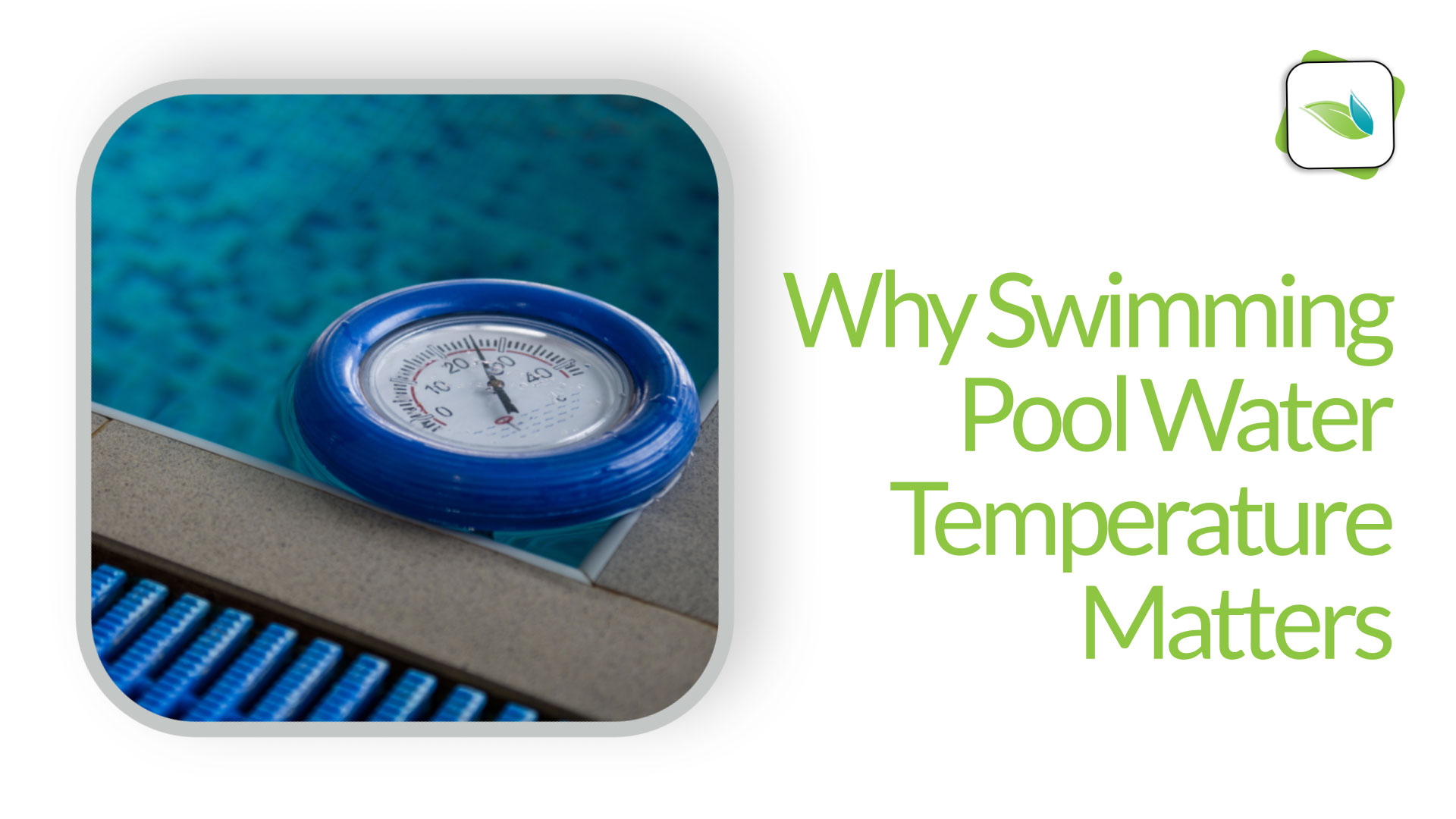
_English_v1_00139.jpg)
